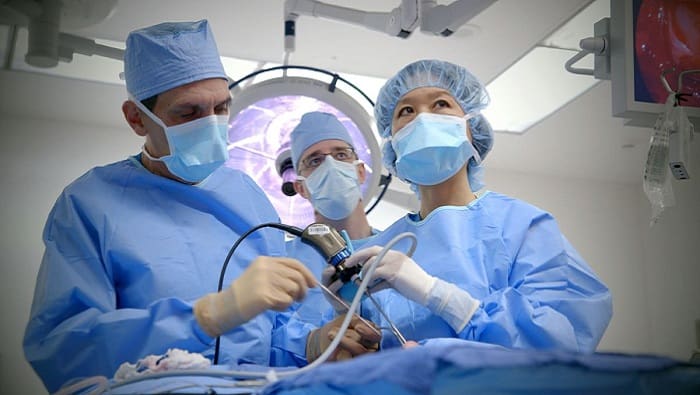Herein, experts intended to gauge if pharmacologic prophylaxis reduced the incidence of post-operative atrial fibrillation after non-cardiac surgery.
Data exhibited that a reduction could be achieved in the incidence of postoperative atrial fibrillation through pharmacologic prophylaxis with amiodarone, beta-blockers, or statins. Furthermore, a relatively low overall risk of short-term adverse events was displayed by amiodarone and statins.
Methods
An electronic search was carried out of Ovid MEDLINE, the Cochrane central register of controlled trials database, and SCOPUS from inception to 9/7/2016.
Prospective randomized studies were included for this analysis in which patients in sinus rhythm underwent non-cardiac surgery.
Researchers assessed the incidence of post-operative atrial fibrillation as well as secondary safety outcomes.
Results
A total of 21 studies including 11,608 patients were analyzed.
The types of surgery consisted of vascular surgery (3,465 patients), thoracic surgery (2,757 patients), general surgery (2,292 patients), orthopedic surgery (1,756 patients), and other surgery (1,338 patients).
A reduction was achieved in the post-operative atrial fibrillation due to beta-blockers (RR 0.32; 95% CI 0.11 to 0.87), amiodarone (RR 0.42; 95% CI 0.26 to 0.67), and statins (RR 0.43; 95% CI 0.27 to 0.68) compared to placebo or active controls.
No statistically prominent effect was noted of the calcium channel blockers (RR 0.55; 95% CI
0.30 to 1.01), digoxin (RR 1.62; 95% CI 0.95 to 2.76), and magnesium (RR 0.73; 95% CI 0.23 to 2.33) on the post-operative atrial fibrillation incidence.
Findings illustrated comparable incidence of adverse events across agents, except for increased mortality (RR 1.33; 95% CI 1.03 to 1.37) and bradycardia (RR 2.74; 95% CI 2.19 to 3.43) in subjects receiving beta-blockers



















